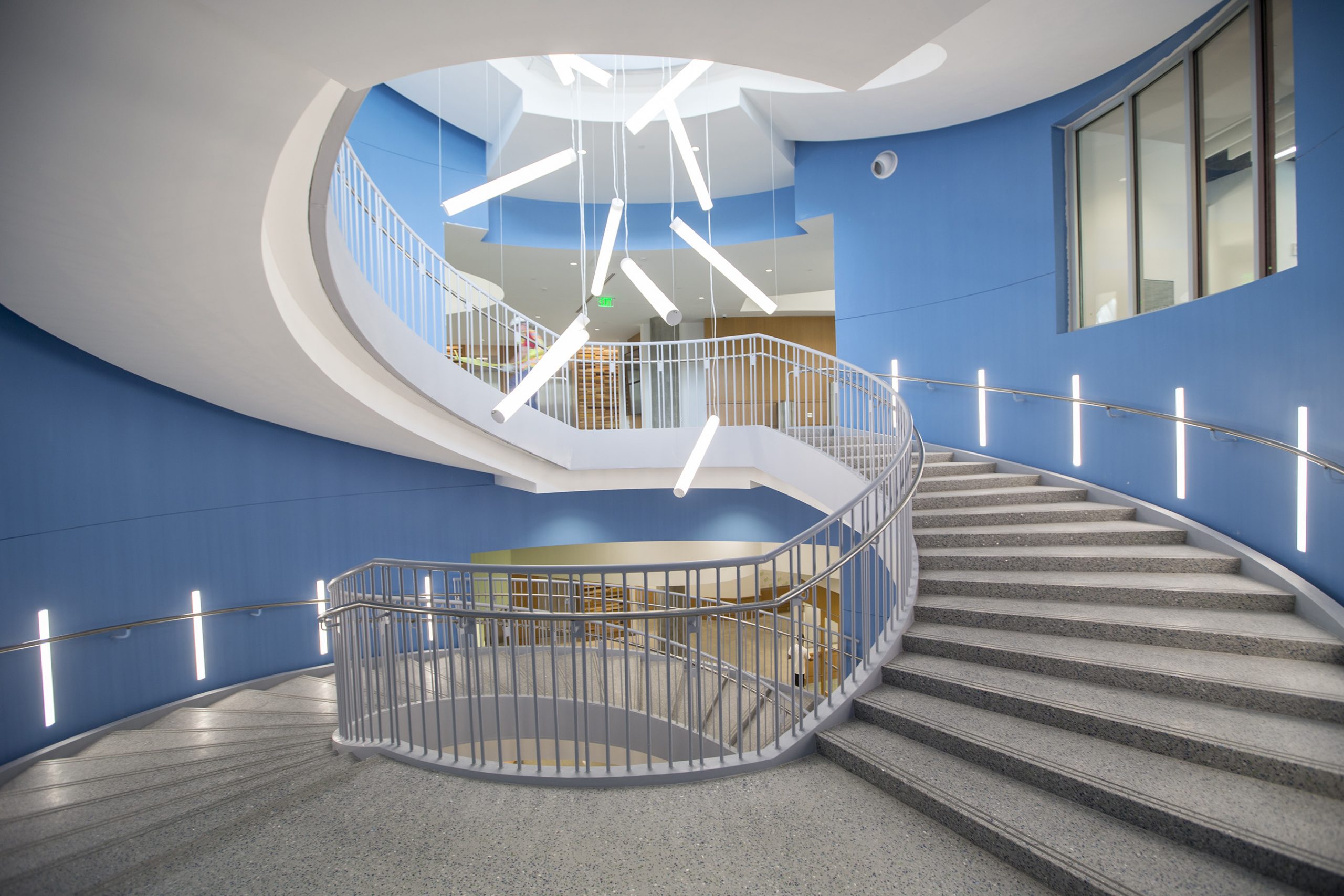Resource links
What is Engineering?
At Vanderbilt, engineering is a collaborative process connecting students and faculty together to methodically solve the world’s most complex problems. Everyone is always learning and always questioning.
Engineering education begins with fundamental concepts of the physical laws that govern the universe as we know it. Once a major of study is selected, the learning follows the direction of the specialty while maintaining a balanced and flexible liberal arts core. At Vanderbilt, we believe engineering cannot exist in a vacuum; engineering makes use of the arts and the sciences for practical ends.
Professors and students work in modern, highly functional laboratory, classroom, and maker spaces designed to generate ideation, conversation and innovation. They collaborate on projects that span the spectrum of engineering from robotics and tissue engineering to biomedical optics and sustainability. Opportunities abound to conduct original research both in engineering and across the Vanderbilt campus.
Vanderbilt engineering graduates are valued for their expertise, intellectual independence, communication skills and leadership ability. Professional demand for graduates with this background is intense. Graduates are actively recruited, not only for engineering careers, but also for careers as diverse as project management, finance, consulting, medicine, and law.
Explore our majors
Contact a student
Engineering Research
Engineering faculty members are engaged in multidisciplinary research designed to solve societal and scientific grand challenges and improve the human condition. These domains include improving health for all, ensuring a sustainable future for our planet, improving national security and innovating beyond Earth.
Vanderbilt's human-centered engineering research activity can be grouped into seven key areas:
- Biomedical imaging and biophotonics
- AI and computational science and engineering
- Energy transition and resilience, infrastructure innovation, and sustainability
- Materials and nanotechnology
- Robotics and automation
- Systems risk, reliability and resilience
- Therapeutics and medical and surgical devices
-
90%
of engineering students entering the workforce have a job within six months of graduation
-
62%
of undergraduates participate in faculty-supervised research
-
45%
of engineering undergraduates are women (vs. national average of 24%)
